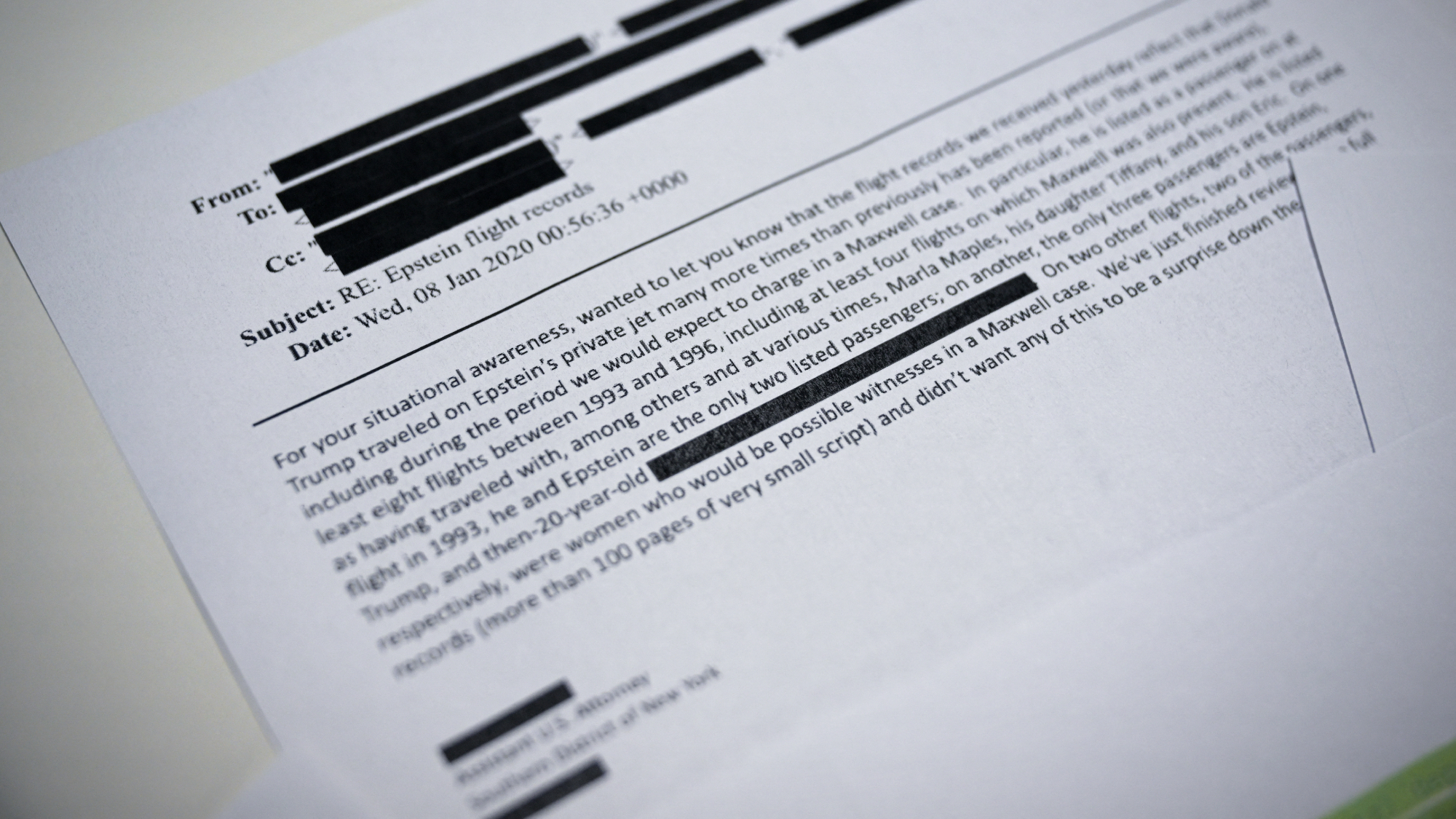The case for pardoning Edward Snowden and Chelsea Manning
Snowden needs to be allowed to escape Russia, and Manning has suffered enough


Whistleblowers have really taken it on the chin over the last decade. As president, Barack Obama has used the Espionage Act against more people who leak to journalists than every other president combined (a total of seven times).
The most famous of these is undoubtedly Edward Snowden, the former CIA spy and defense contractor who leaked information about U.S. dragnet surveillance to Glenn Greenwald and several other reporters. Timed with the recent release of a biopic about Snowden, a variety of figures have been calling on President Obama to pardon him so he can return to the United States.
Snowden should be pardoned, or at the least be allowed to escape from Russia. But not only that — Chelsea Manning should also receive some sort of mercy.
The Week
Escape your echo chamber. Get the facts behind the news, plus analysis from multiple perspectives.

Sign up for The Week's Free Newsletters
From our morning news briefing to a weekly Good News Newsletter, get the best of The Week delivered directly to your inbox.
From our morning news briefing to a weekly Good News Newsletter, get the best of The Week delivered directly to your inbox.
First, a brief recap of what the two have done. In 2013, Snowden leaked a trove of documents to several journalists, who published a series of blockbuster stories on government surveillance. Glenn Greenwald and Ewen MacAskill of The Guardian, Barton Gellman of The Washington Post, and several others wrote about a blizzard of dragnet surveillance programs which were collecting huge chunks of internet and phone traffic, including sensitive "metadata" on millions of innocent people, bypassing internet encryption, and on and on.
The Post and Guardian both won the Pulitzer Prize for their Snowden reporting. A year later, a reform of NSA surveillance became law. The reform was weak, but it was still a marked departure from years of ever-growing surveillance powers.
In 2010, Manning leaked a big trove of documents to WikiLeaks and other reporters. It included footage of a U.S. Apache helicopter gunship slaughtering numerous unarmed civilians, including two war correspondents from Reuters, details on many other civilian casualties in Iraq and Afghanistan, as well as thousands of diplomatic cables. About every major news publication covered some part of the Manning documents, and they may have helped inspire the Arab Spring.
Of the two, Manning has the more morally urgent case, mainly because she has already endured years of brutal punishment. She was arrested all the way back in 2010, and was imprisoned in the torture of solitary confinement for nearly an entire year immediately afterward — which prompted the U.N. special rapporteur on torture to accuse the U.S. government of "cruel, inhuman, and degrading treatment." She was locked up for another two years before she even went on trial, and after pleading guilty to some charges and being convicted on others, she was sentenced to another 35 years in prison. After a suicide attempt this year, she was thrown in solitary again.
A free daily email with the biggest news stories of the day – and the best features from TheWeek.com
One might sensibly argue Manning was somewhat more irresponsible with her leaks than Snowden was, giving them to the (increasingly unstable) WikiLeaks instead of a more reliable source. Nevertheless, her leaks were still meant to serve the public interest — after all, she could have sold them to Russia or China for megabucks. So instead of a full pardon, I suggest she get the same treatment David Petraeus got for leaking code word documents — which are far, far more highly classified than any of the Manning documents — to get laid: two years probation. Surely Manning is at least as deserving of a commutation as Scooter Libby.
The strongest case for pardoning Snowden is a lot more cynical, and hence more likely to be accepted. He's stuck in Russia because the U.S. revoked his passport. Leaving aside the public and journalistic value of his disclosures, it is simply a national security risk to keep Snowden penned up there. He says that he does not have his documents anymore, but who knows what Russian intelligence might get out of a serious intelligence expert like him if they decided to. Get him out of there!
Also, it just looks bad. Relentlessly pursuing a domestic whistleblower so that he gets trapped in a repressive autocracy — and where U.S. government spooks talk to jingo reporters about how much they fantasize about personally murdering him — is the kind of thing that happens in Putin's Russia. But instead, the U.S. looks like a brutal hypocrite while allowing Putin to cynically pose as a defender of free expression and public debate.
So if Snowden can't be pardoned or offered some bargain to avoid jail time, the smart move would be to quietly arrange for him to escape to a more U.S.-friendly place where he won't be in constant danger of abduction by the FSB. (Germany, where there are fresh memories of the downsides of dragnet surveillance, is a good candidate.) Sometimes the merciful option is also the hardheaded, realistic one. It remains to be seen whether or not the U.S. security apparatus can see sense. Frankly I doubt it.
Ryan Cooper is a national correspondent at TheWeek.com. His work has appeared in the Washington Monthly, The New Republic, and the Washington Post.



